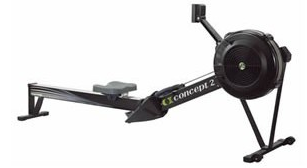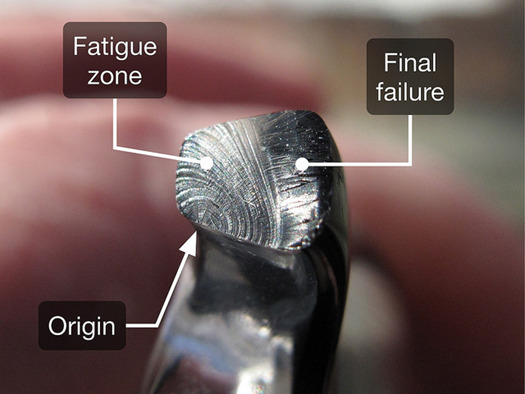
Rushing to Fatigue
Not a long post but perhaps a necessary one.
The TL;DR;, rushing can make you feel productive but at the risk of longevity and overall productivity.
I recently bought a rowing machine. I have never rowed in my life; and I have never purchased workout gear more expensive than perhaps $50 (though, with the rate of inflation, who can even guess what that could buy...)
I am sedentary. I don't like to admit it, but I am. If you follow me on LinkedIn (and...why?), you'll see an accurate picture that I am healthy weight (somewhere between average and skinny depending on the observer.)
Why the purchase of the rowing machine? (Also, if you're curious, yes, it was a Concept2; and yes, that company and its employees are amazing.) I wanted something that would provide a total body workout and that might stimulate muscle growth. If I've misstated it until now, I am lazy when it comes to working out. I want the most benefit for the least (or no) time spent. Sound like any product owners you know?

Naturally, when the rower first came, I was over confident and was hitting zone 3-5 (probably closer to 4-5) for 30 minutes a day the whole first week. If you are not a workout genius (eg, I am not one), you might not know that the body uses different fuel sources to meet the needs of the different zones. HIIT is very effective because it causes the body to hit both carb/sugar sources (zone 4-5) and fat fuel sources (zones 1-2.) In theory, if you burn through the sugars, you'll lose fat because your body will run out of fuel and then convert to the backup (fat does more than this...but let's keep it simple.)
Again, I am not workout genius, so it did not occur to me that doing zone 4-5 would cause someone like me to gain weight; you guessed it, from overeating to compensate for the now depleted carbs/sugars.
With more discipline, I'm sure I could convince myself to suffer through the depletion while my body switches fuels; but I did not buy a rower to torture myself.
What I am learning is that rowing in zone 2-3 is really very enjoyable for me and something I look forward to. I am not losing massive amounts of weight, but now that I am hitting the right target, I am also not overeating. (Truth be told, my eating during non-workout periods has decreased as I am no longer as hungry in the evenings.)
Best of all, as I am hitting the right stride for my current goals, I am seeing my core strength improve and having fewer moments of back pain. Best of all, I look forward to working out on my rower.
Why share this?
Development sprints are like this. When you crush your team with high intensity intervals and then pack the team with fast acting carbs (cheap employees/contractors), you end up with a team who is burnt out, bloated and lethargic.
As an architect, my goal is always to create a system where my team is getting leaner but also has higher levels of energy/enthusiasm than when we started (see more in Productivity and Architecture). Like working out, the process can start draining (for which reason, it is also important to be pepping up the team); but also like working out, after we get the initial inertia for the project, part of my goal is to then change the pace to meet my performance goals for sustainable and targeted growth for the team.
One of the reasons companies hire companies like mine is because we bring the technical knowledge for success on the project; but the reason they will pick us over the competition in spite of our higher cost is that we also revitalize the programs and breathe new life into companies with tired and burnt-out employees.
No matter how your program moves forward, let me encourage you to pick a sustainable pace with targeted growth rather than bloating the team with high intensity loads without adequate recovery periods.